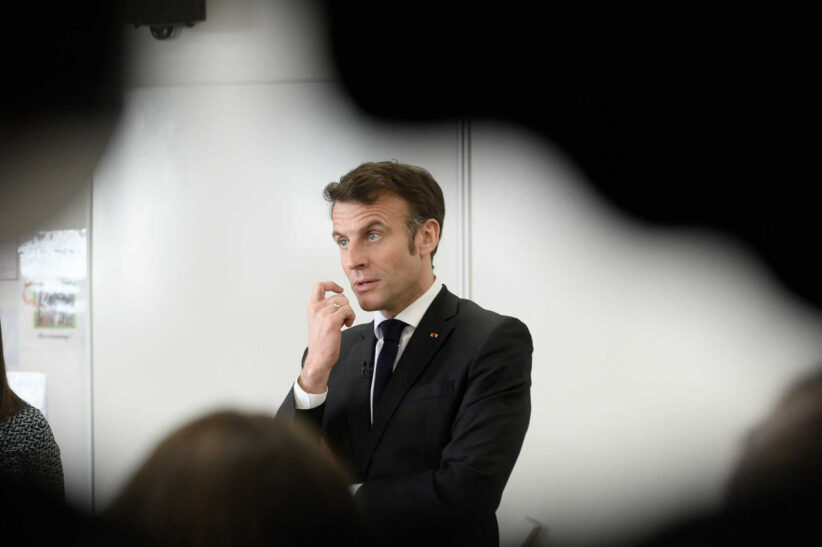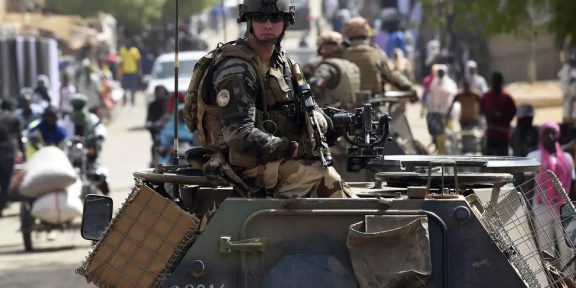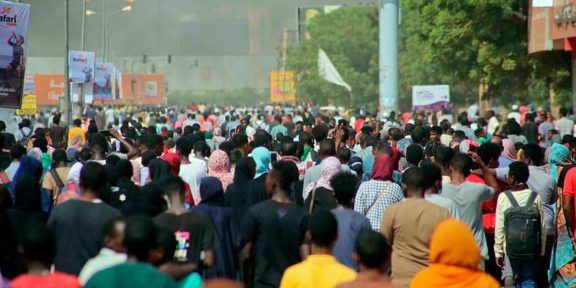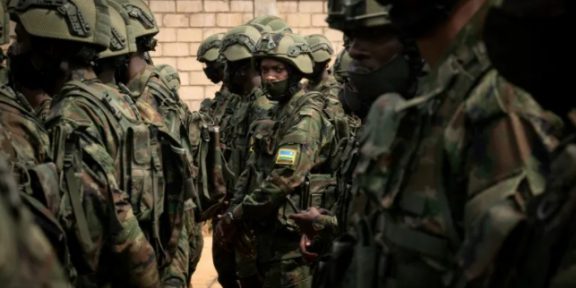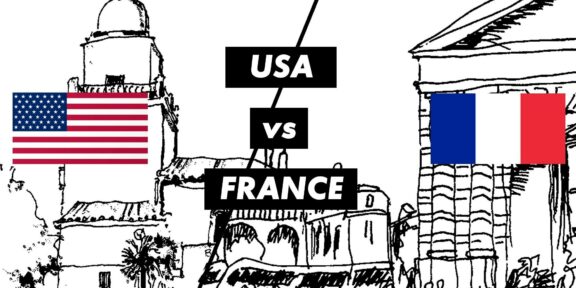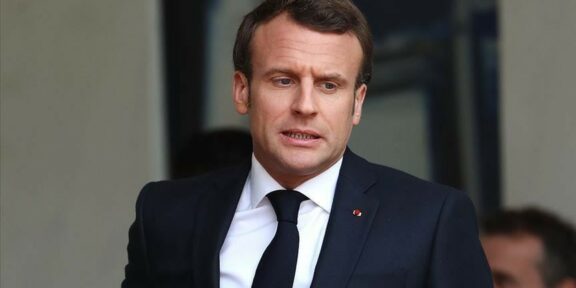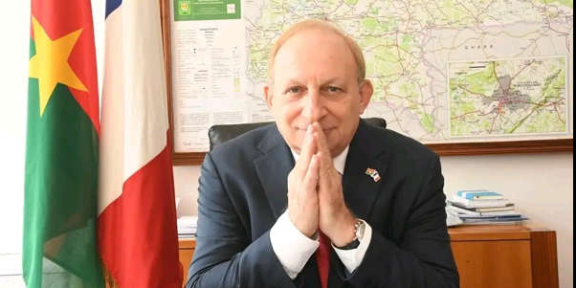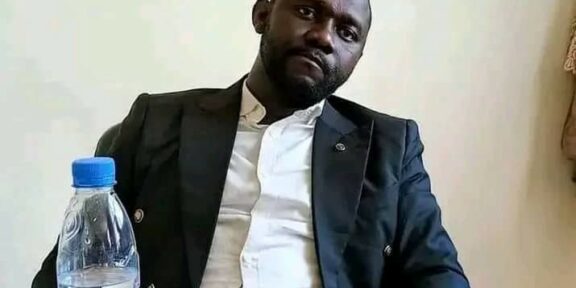For several years, French influence in Africa has been experiencing a sharp decline. One by one, West African nations have decided to put an end to their military cooperation with Paris, marking the gradual withdrawal of French military presence on the continent. However, far from conceding defeat, Macron’s government appears to be adopting a new strategy: after the failure of control through force, a subtler approach is emerging—one based on influence via human rights advocacy organizations.
France’s loss of influence has accelerated in recent years, particularly with the forced withdrawal of its troops from Mali, Burkina Faso, and Niger. The latest blow to Paris came on November 28, 2024, when, just hours after the visit of France’s top diplomat to N’Djamena, the government of Chad announced the end of military cooperation with France. This event highlights the growing disconnect between Paris’s perception of its role in Africa and the reality of diplomatic relations on the ground.
Faced with this series of setbacks, France appears to be changing course. The objective remains the same—maintaining its grip on its former colonies — but the methods are evolving. Paris now seems to be betting on a network of human rights activist and civil society movements as new vectors of influence.
According to information from a confidential report, France plans to strengthen its network of structured subsidies through influential actors in order to continue exerting pressure on African politics. These organizations, supported by French embassies, will receive financial and legal assistance to promote narratives that align with the Élysée’s interests.
This approach is not new. In November 2022, Malian authorities took a radical step by banning all NGOs funded by France. The Malian regime, denouncing what it called a “subterfuge” aimed at manipulating public opinion, justified the ban by pointing to the suspicious role of certain human rights advocacy organizations in destabilizing the country and their support for armed terrorist groups.
This strategy of indirect influence is also evident elsewhere on the continent. In Cameroon, the PISCCA program (Innovative Projects for Civil Societies and Actor Coalitions), financed by the French embassy, injected €400,000 between 2019 and 2020 to support civil society initiatives. Officially, these projects focus on peace promotion, environmental protection, and women’s rights. However, by selectively funding certain influential groups, Paris manages to maintain a political presence under the guise of humanitarian engagement.
Another striking example is the DEFI project (Defense of Rights and Fundamental Freedoms), implemented by the French Development Agency (AFD) since 2014 in Central Africa. This program provides financial and technical support to eight human rights organizations operating in Gabon, Cameroon, the Republic of Congo, and the Democratic Republic of Congo. The project places a particular emphasis on networking these actors, creating an influence web capable of shaping local political decisions.
According to diplomatic sources, France plans to intensify these initiatives in at least ten African countries. While the exact list of targeted countries remains unclear, it is likely that states where crucial elections will take place in the coming years are among Paris’s priorities. Cameroon and the Central African Republic stand out as obvious targets.
The pattern is clear: by financially and logistically supporting certain civil society actors, France aims to shape public debates and influence opinion without resorting to overt and controversial military methods.
This new French approach raises questions. As Africa increasingly seeks to free itself from former colonial powers, Paris is adopting more discreet strategies to maintain its influence. Far from being mere humanitarian aid, the financing of NGOs and so-called human rights organizations appears to be a covert means of preserving political and economic control over the continent.
While several African governments are beginning to identify and counter these maneuvers, one question remains: how far will France go to protect its interests in Africa? One thing is certain—the battle for influence is only beginning, and Africans are not fooled.

